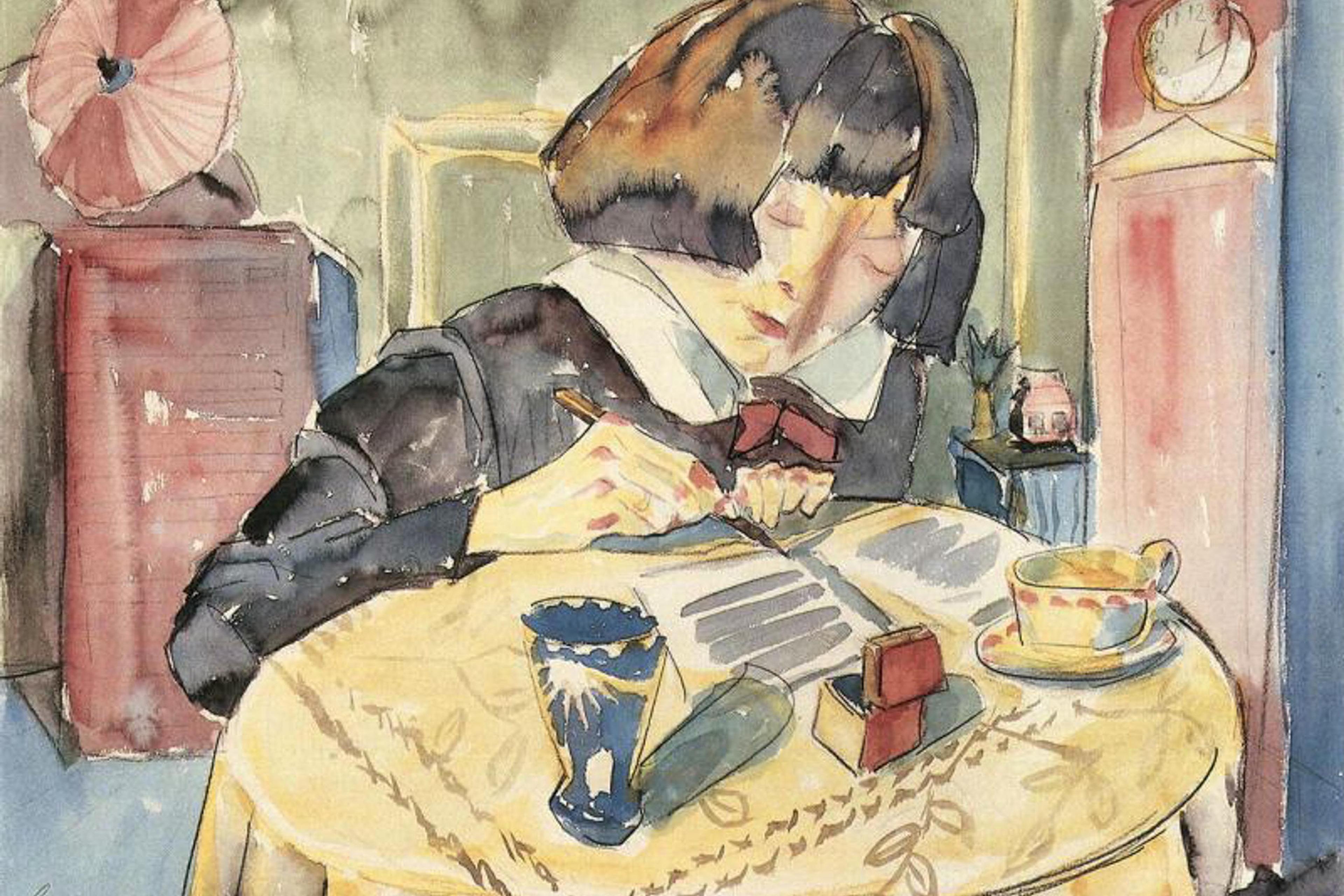
How to heal through life writing
Learning to write about trauma helps you to process the painful experience, and gives you the life skills to overcome it
by Uddipana Goswami

Learning to write about trauma helps you to process the painful experience, and gives you the life skills to overcome it
by Uddipana Goswami
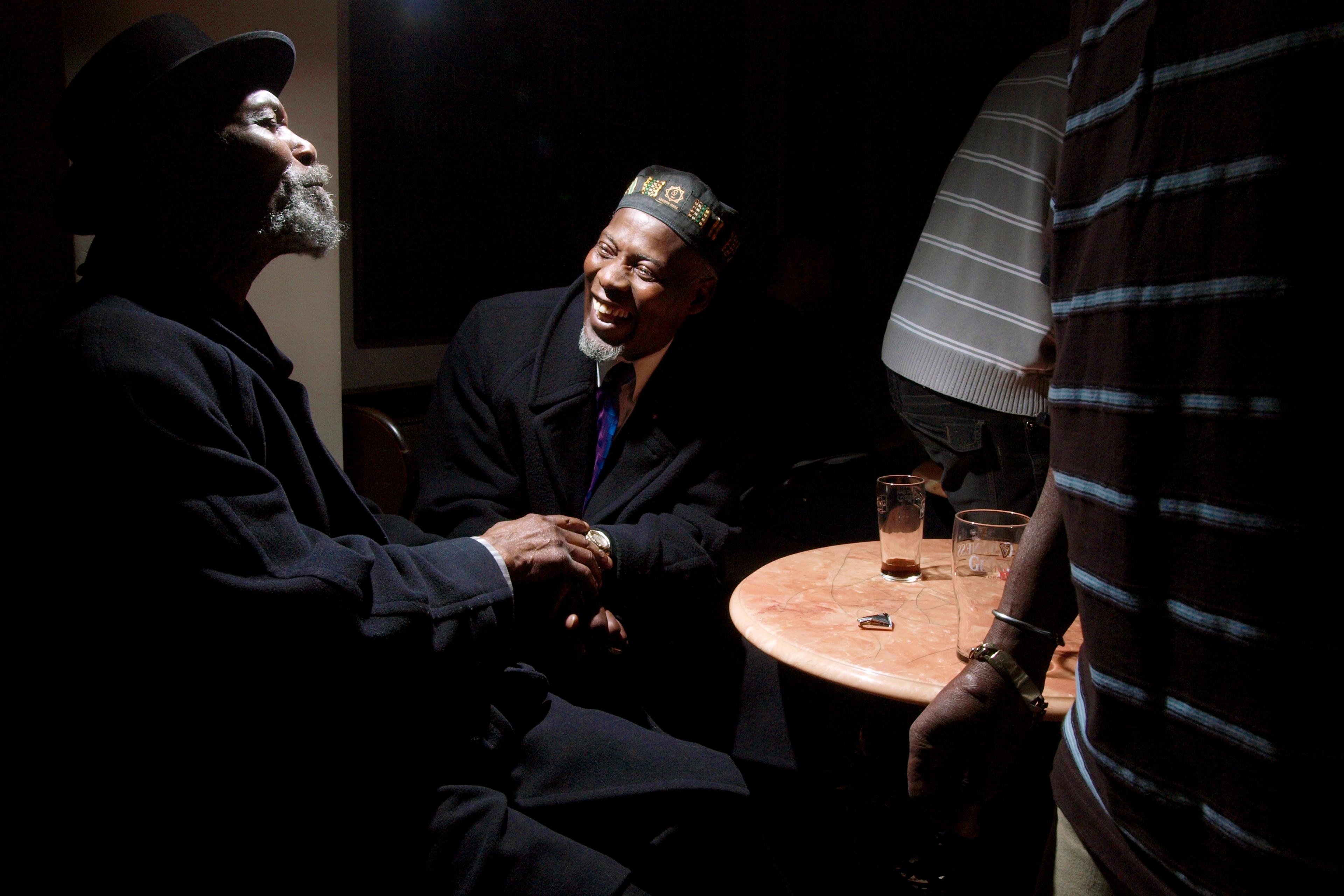
Personal stories have the power to connect, entertain, persuade. Use a pro storyteller’s tips to pick and prepare a great one
by Micaela Blei

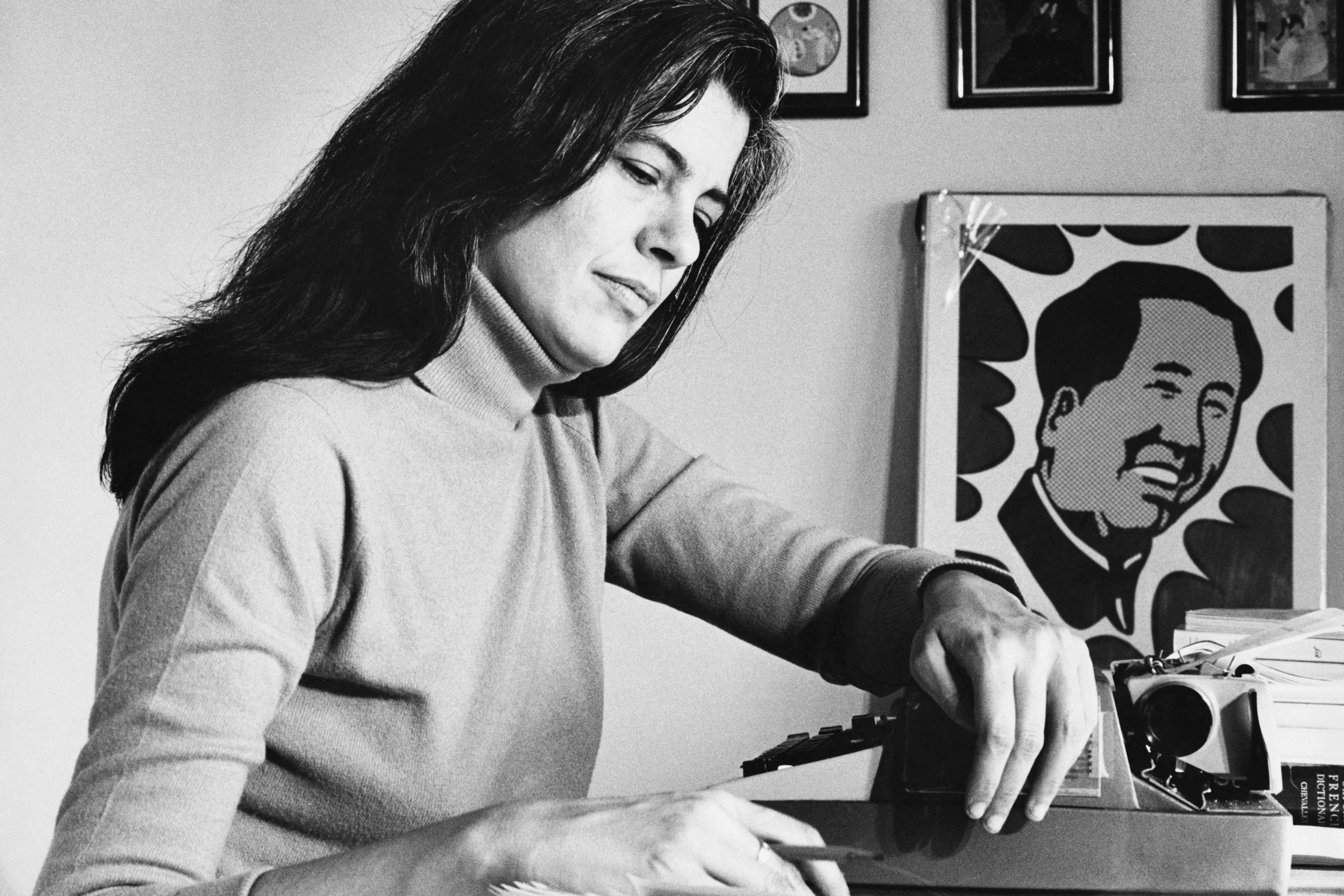
Journaling is an art and a daily practice that allows you to write your life and find your way, one sentence at a time
by Sarah Boon

My initial is pale pink, the month of June is cerulean blue: synaesthesia gets my senses crosswired, and makes me who I am
by Catherine Taylor
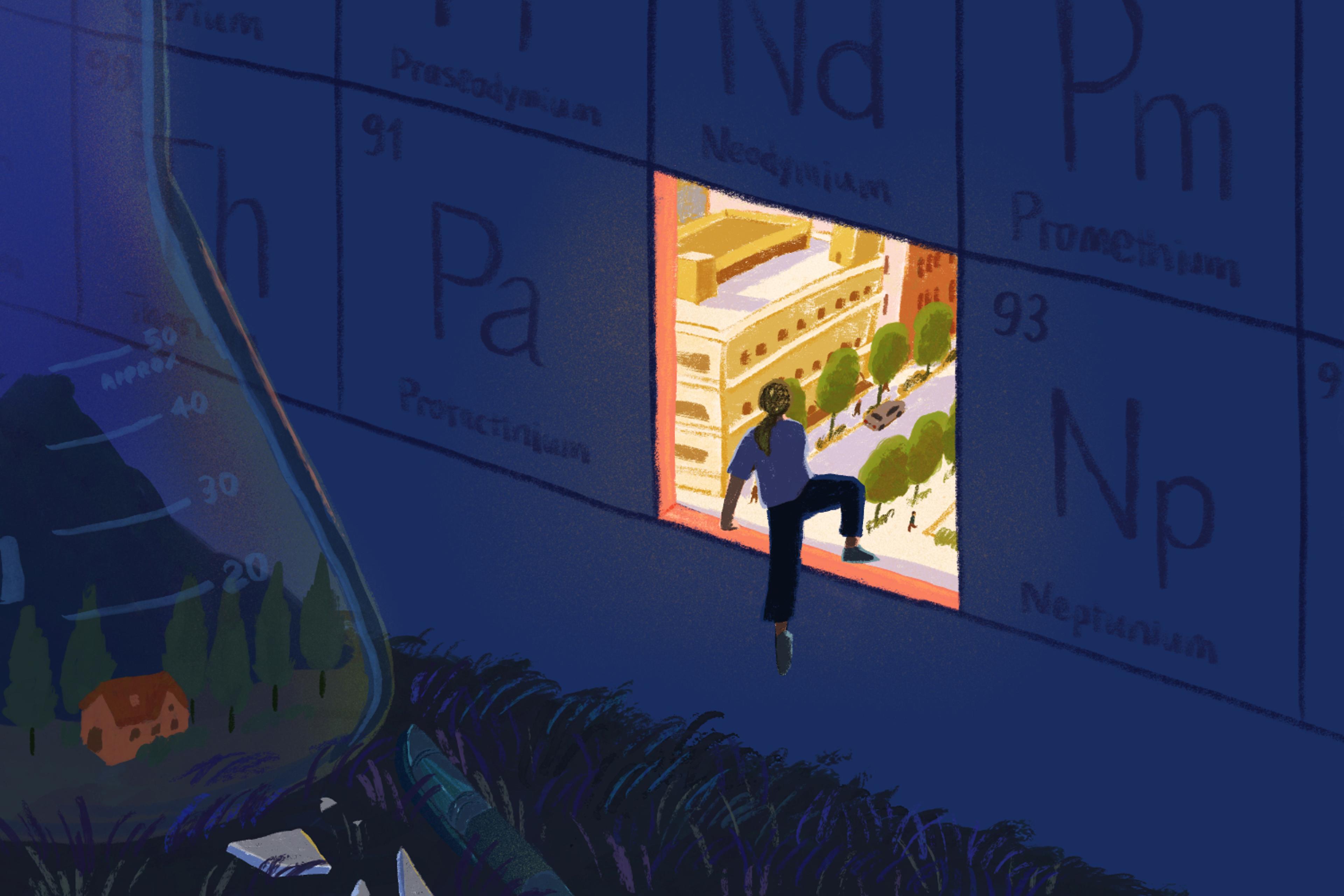
When my daughter was bullied, I decided to homeschool her. A chain reaction ensued
by Lea Page
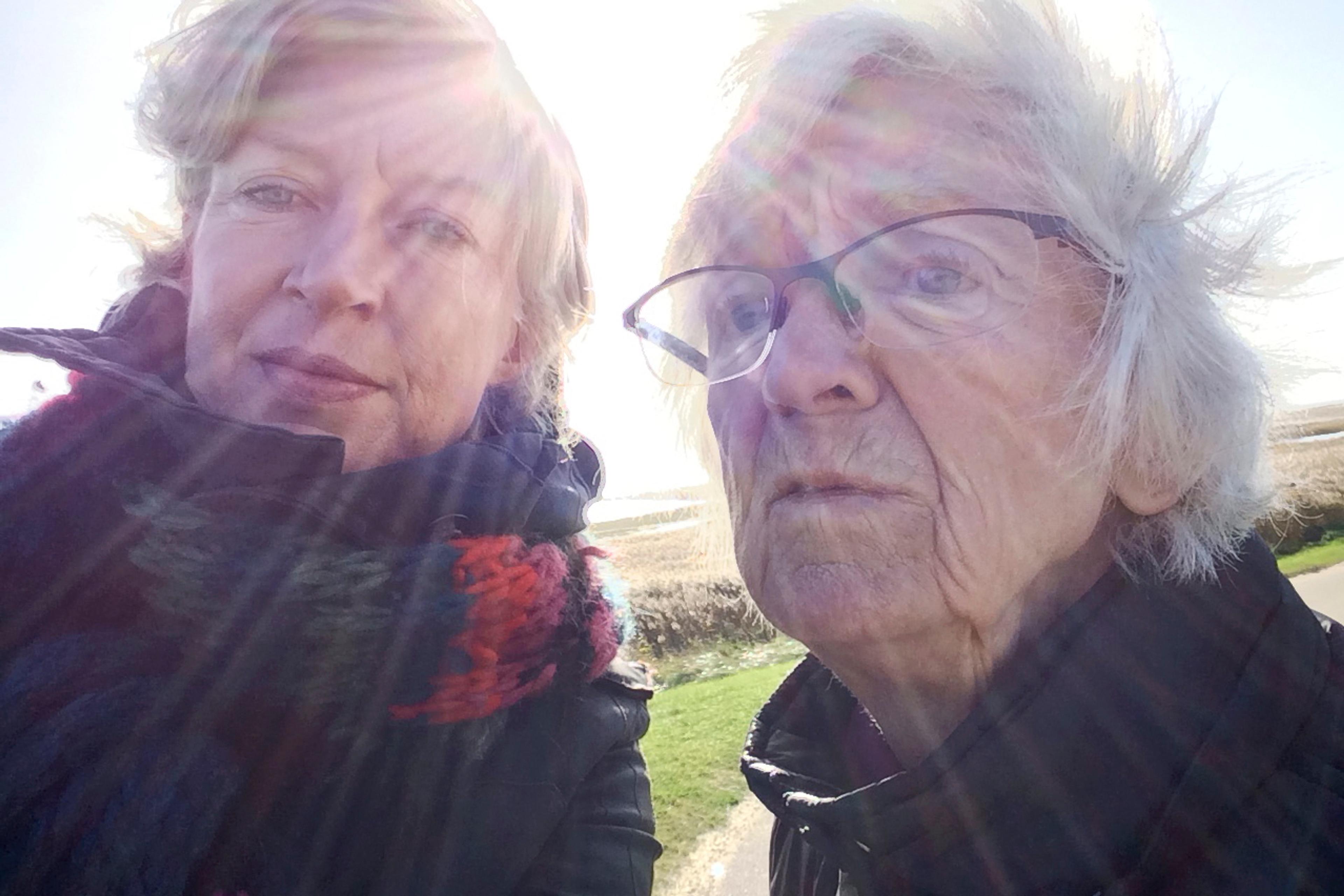
In dementia, my mother lived with the friendly ghosts of her past – and I got to know her as someone other than just my mum
by Ina Kjøgx Pedersen

Living with chronic pain has taught me that pain is boring for others and that our bodies are fragile containers for life
by Jude Cook
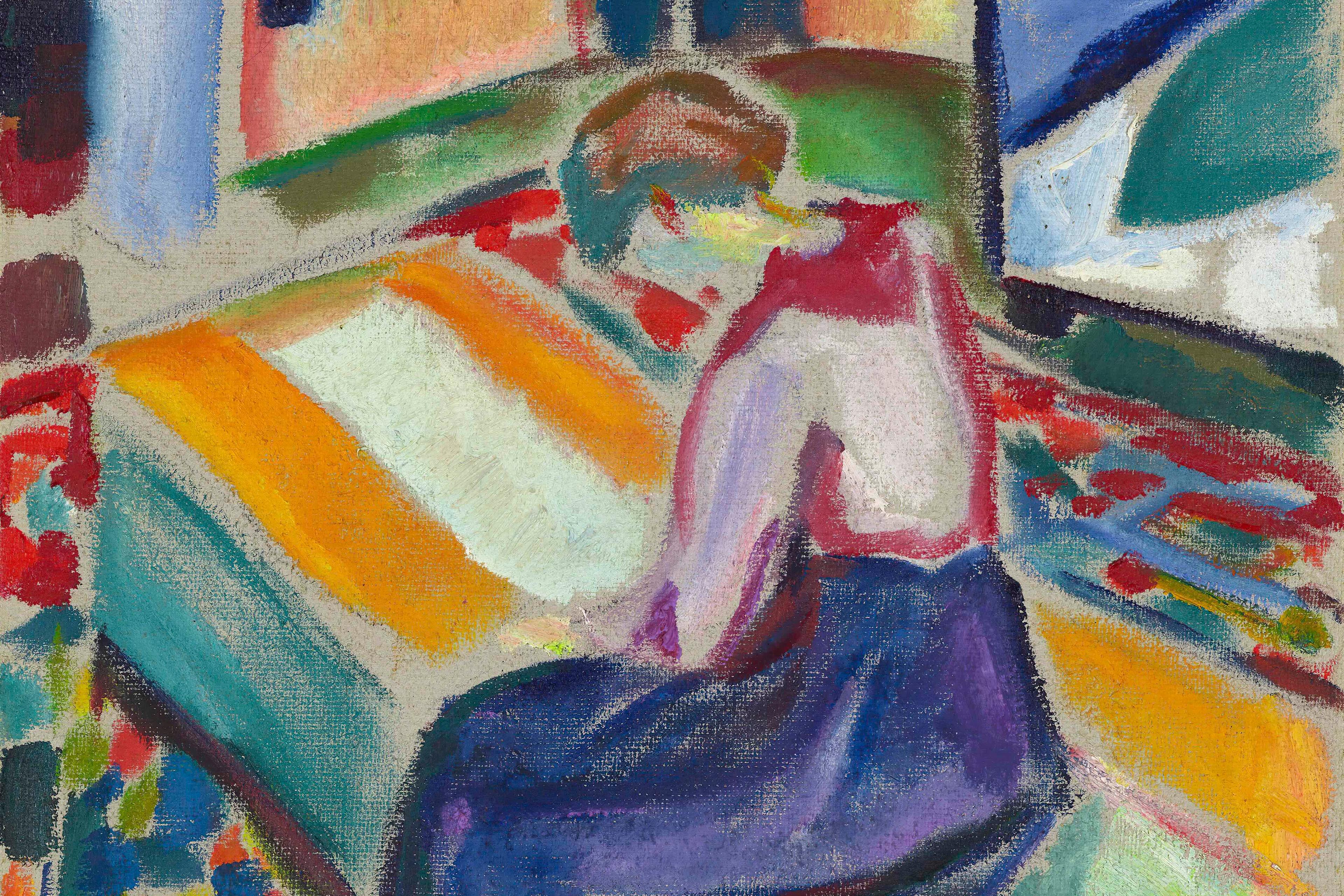
Two therapy memoirs by Lucy Freeman, an overlooked mental health pioneer, remind us of the value of slow, convoluted therapy
by Elliot Jurist

When grief and distraction spun my mind out of control, only the strain of my muscles could keep it intact
by Nancy Uddin

What does successful psychoanalysis look like? I’d read all around Freud and I didn’t know, but then neither did my analyst
by Lisa Levy

At home in Delhi, I am a more social, interactive person. A quiet balcony in Frankfurt gave me space to be by myself
by Anandi Mishra

At 25, I saw my grandfather’s ghost. At 52, I think of what it may mean to be a ghost
by Kathleen Donohoe

He was an octogenarian Nobel-winning psychologist, I was a nervous 20-something film producer. Here’s what struck me most
by Namir Khaliq

It’s not memory that makes us human but meaning-making. When life falls apart, jigsaw puzzles help us put some pieces back
by Melanie McGrath

Time, like memory, is structurally fickle: days wrap back on themselves. The experience of it is hardly ever chronological
by Grace Linden